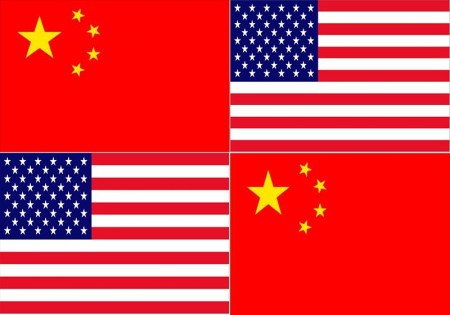Just a year ago, presidents Barack Obama and Xi Jinping met in California and, in shirtsleeves, proclaimed a “new type of major-power relationship.” A noble aspiration, perhaps. But in the interim, such stage-managed optimism has been dangerously overtaken by a cascade of troubling events.
One day, the United States indicts five PLA officers for cybercrimes; the next, the United States claims victory in WTO disputes over car tariffs and rare earth minerals. All this is happening while the United States promises enduring support for Asian allies, and it has moved openly to challenge the legitimacy of Chinese territorial claims in the South China Sea. Meanwhile, China is busy creating facts on the ground and water. Last month, a $1 billion Chinese oil rig set up operations in territorial waters claimed by Vietnam. In the East China Sea, Chinese SU-27 fighter jets have come within 100 feet of Japanese surveillance aircraft.
This was all capped at the recent Shangri-La Asian Security dialogue in Singapore (Asia’s annual defense-ministers meeting): Defense Secretary Chuck Hagel bluntly described China’s behavior as “destabilizing, unilateral actions.” The PLA deputy chief of staff, Lt. Gen. Wang Guanzhong, accused the United States of “hegemonism.”
(Read the rest of the story here…)
